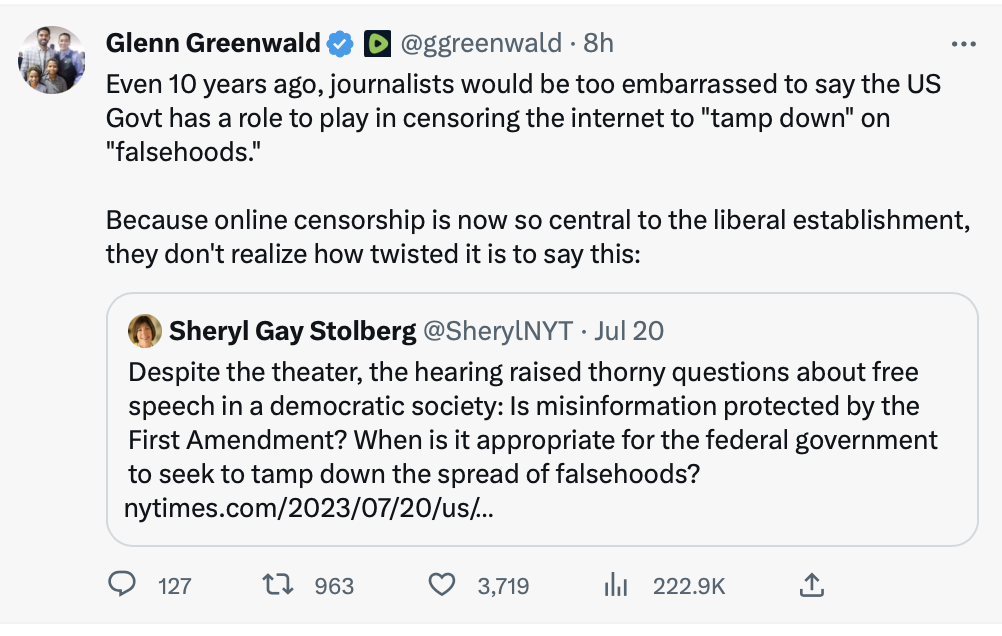Parents are pushing back against smartphones for their children, as described by Olivia Reingold, in "The Parents Saying No to Smartphones in her article at The Free Press: ‘How you help them learn to be present, in a task or with a relationship, is one of the top challenges of our generation. Part of that is going to be saying no.’
Nicholas Kardaras specializes in treating young adults aged 17 to 25 with screen addictions at the Omega Recovery treatment center in Austin, Texas. Kardaras says the first hurdle is often convincing patients they’re actually addicted.
“They don’t realize that they have a problem even though they’re on their device for 18 hours a day and flunking out of school because most addicts don’t see their addiction as a problem when they’re in the middle of it,” he tells me.
Kardaras says his patients are often convinced they’re dealing with other issues, like Tourette syndrome or borderline personality disorder, which they’re introduced to through “psychiatrically unwell influencers” on social media.
He said he knows these patients are actually suffering from “social contagion” instead, because the treatment—forbidding access to cell phones and the internet for a short period of time—is usually the cure, which “shouldn’t really happen with genuine borderline personality disorder or genuine gender dysphoria.”
Paradoxically, Kardaras says that almost all of his young patients were raised by “helicopter parents,” many of whom did their best to keep their kids away from smartphones or heavily monitored their internet use.
“A lot of the young people I’ve worked with will say, ‘I don't feel a sense of control in my life,’ ” he says. “They feel like they’re being smothered and being told what to do all the time. But if they take out their phone, and maybe go on a gaming platform, then they feel like they’re conquering fantasy worlds. They feel a sense of empowerment and control.”
The above article links to Ronald Riggio's 2022 article on social contagion: "
Social Contagion: How Others Secretly Control Your Behavior: We are often unaware of how others can influence us." Here's an excerpt:
Social contagion is the subtle and sometimes unwitting spread of emotions or behaviors from one individual to others.
Emotional contagion is the spread of emotions through crowds and is the reason why a movie seems funnier if we are in a crowded theater as opposed to watching it alone–our mood is influenced by those laughing around us. The same process would cause a stampeding wave of fear if someone were to suddenly yell “Fire!” in the crowded theater.
A study by Friedman and Riggio (1981) found that emotionally expressive individuals–persons who displayed high instances of nonverbal cues of emotion (primarily facial expressions)–were able to “infect” the emotions/moods of others in the room without any verbal interaction. Subsequent research found that certain individuals are more prone to emotional contagion processes (Doherty, 1997).
Reggio's article did not specifically mention transgender ideology, but he does provide a taxonomy of social contagion includes: "Deliberate Self-Harm. Such as “epidemics” of self-cutting, eating disorders, and suicides." Consider also Abigail Shrier's writings on transgender ideology and social contagion, for which she was viciously attack, even though transgender ideology would clearly be a prime candidate for social contagion.

